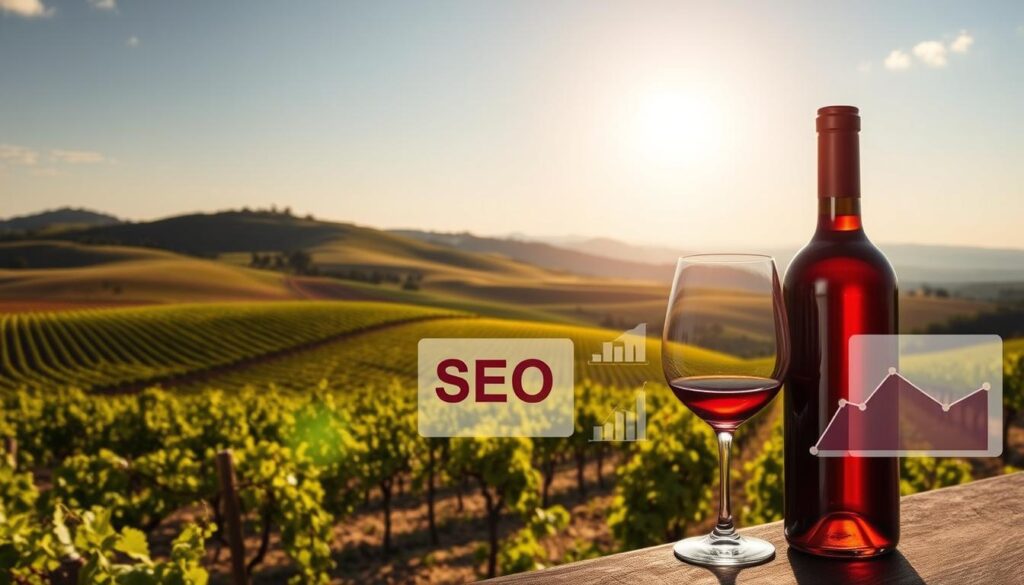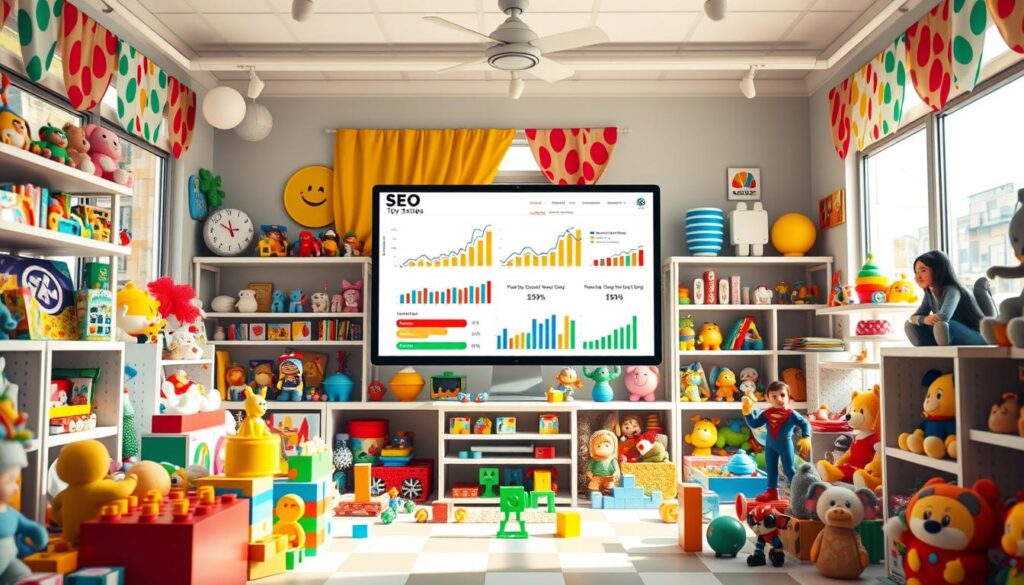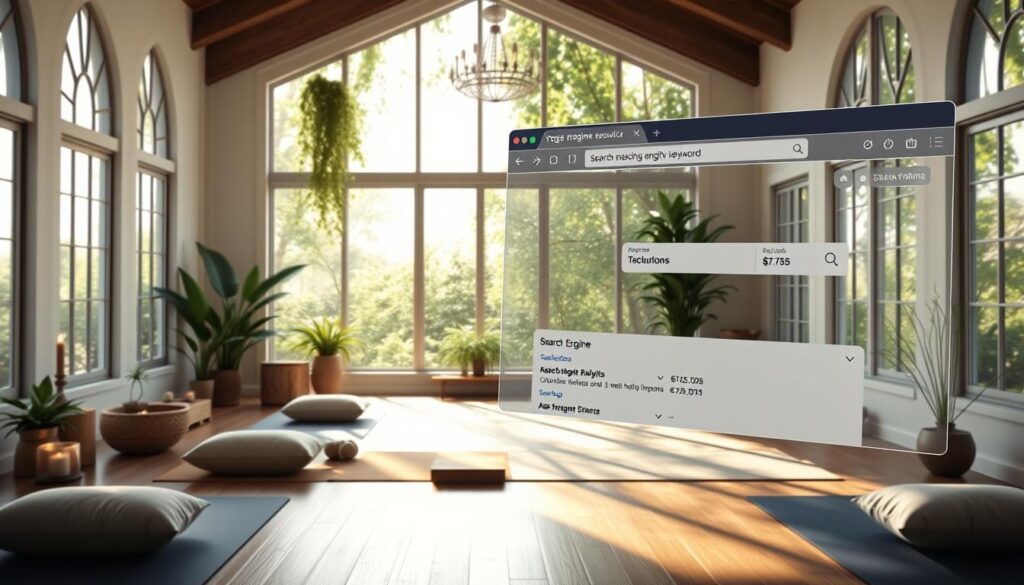Introduction
Technical SEO and on-page SEO are crucial for improving search rankings. Though they aim for the same goal, their approaches are different. This blog explains the main differences between technical SEO and on-page SEO, how each works, and why both are important for an effective SEO strategy. Book a personalized SEO strategy session to see how these practices can boost your website’s performance.
Table Of Contents
- What Is The Main Difference Between Technical SEO And On-Page SEO
- What Is Technical SEO?
- What Is On-Page SEO?
- Key Differences Between Technical SEO And On-Page SEO
- Why Both Are Important For A Successful SEO Strategy
- How To Combine Technical And On-Page SEO
- Common Mistakes In Technical And On-Page SEO
What Is Technical SEO?
Technical SEO improves a website’s backend to help search engines crawl, index, and understand it better. It focuses on the structure, performance, and coding of the site. Key aspects of technical SEO include:
- Website Speed Optimization: Faster sites load quickly, offering a better user experience. This involves compressing files, using caching, and employing content delivery networks (CDNs).
- Mobile-Friendliness: Ensuring the website is responsive and works well on mobile devices. With most users searching on mobile, this is a priority.
- Secure Sockets Layer (SSL)/HTTPS: Making the site secure with HTTPS. Search engines favor secure sites and users trust them more.
- XML Sitemaps And Robots.txt: Helping search engines find important pages with sitemaps and controlling what they crawl using robots.txt files.
- Structured Data: Adding schema markup helps search engines understand content and display rich snippets.
- Fixing Crawl Errors: Making sure there are no broken links or issues that block search engines from accessing your pages.
What Is On-Page SEO?
On-page SEO, or on-site SEO, optimizes individual web pages. It focuses on making the content and elements within the page relevant and user-friendly. Key practices include:
- Keyword Optimization: Adding relevant keywords in titles, headings, and content.
- Meta Tags: Writing meta titles and descriptions to attract clicks and include target keywords.
- Content Quality: Creating useful and informative content. Using headings, bullet points, and visuals improves readability.
- Internal Linking: Linking to other pages on your site to guide both users and search engines.
- Image Optimization: Reducing file sizes to improve load times. Adding alt text for better search engine understanding.
Key Differences Between Technical SEO And On-Page SEO
Both technical and on-page SEO aim to improve search rankings. However, they focus on different things:
- Focus Area:
- Technical SEO: Targets the backend, such as site structure and code.
- On-Page SEO: Optimizes visible content and page elements.
- Purpose:
- Technical SEO: Ensures search engines can access and index the site.
- On-Page SEO: Makes content more relevant and engaging for users.
- Implementation:
- Technical SEO: Requires web development skills.
- On-Page SEO: Involves content creation and formatting.
Why Both Are Important For A Successful SEO Strategy
Combining technical SEO and on-page SEO leads to better search results. Here’s why:
- Improved Crawling And Indexing: Technical SEO helps search engines find your pages. On-page SEO ensures those pages provide value.
- Better User Experience: Technical SEO improves speed and mobile usability. On-page SEO makes content useful and easy to read.
- Higher Rankings: Websites with optimized structure and content rank better.
- Complementary Effects: Technical SEO supports on-page efforts. Together, they create a strong SEO foundation.
How To Combine Technical And On-Page SEO
A successful SEO strategy integrates both technical and on-page practices. Here’s how:
- Conduct A Site Audit: Check both technical and content issues. Use tools to identify errors.
- Fix Technical Issues First: Address crawl errors, mobile usability problems, and slow speeds.
- Optimize Content With Keywords: Use keywords naturally in text, titles, and meta tags.
- Improve Internal Links: Link related content to help users and search engines navigate.
- Add Schema Markup: Implement structured data for rich snippets in search results.
- Monitor Progress: Track changes using tools like Google Analytics.
Common Mistakes In Technical And On-Page SEO
Avoiding errors in both areas is essential for better results:
- Technical SEO Mistakes:
- Neglecting Mobile Optimization: Make sure the site is mobile-friendly.
- Ignoring Site Speed: Slow pages can hurt rankings.
- Not Using HTTPS: Secure sites are more trusted by search engines.
- On-Page SEO Mistakes:
- Keyword Stuffing: Don’t overuse keywords.
- Thin Content: Content should be valuable and relevant.
- Missing Meta Tags: Optimize titles and descriptions for clicks.
Frequently Asked Questions (FAQs)
Can I Focus On One Type Of SEO Without The Other?
No, using only one may limit your results. Both technical and on-page SEO are needed for a balanced strategy.
How Often Should I Update My On-Page SEO?
Review on-page SEO regularly, especially when keywords change or new content opportunities arise.
What Are Some Tools For Technical SEO?
Tools like Screaming Frog, GTmetrix, and Ahrefs can help identify and fix technical issues.
How Does Technical SEO Improve User Experience?
It boosts site speed, mobile usability, and security, all of which enhance user satisfaction.
Is Schema Markup Part Of Technical Or On-Page SEO?
Schema markup is a technical SEO practice. It involves adding code to the website’s backend to help search engines understand the content.
Comprehensive SEO Strategy Services Near Me
Balancing technical and on-page SEO helps your site perform at its best. These practices work together to create a strong foundation for search rankings. Schedule a detailed SEO consultation with Revenue Boomers to see how we can help you optimize every aspect of your website.






